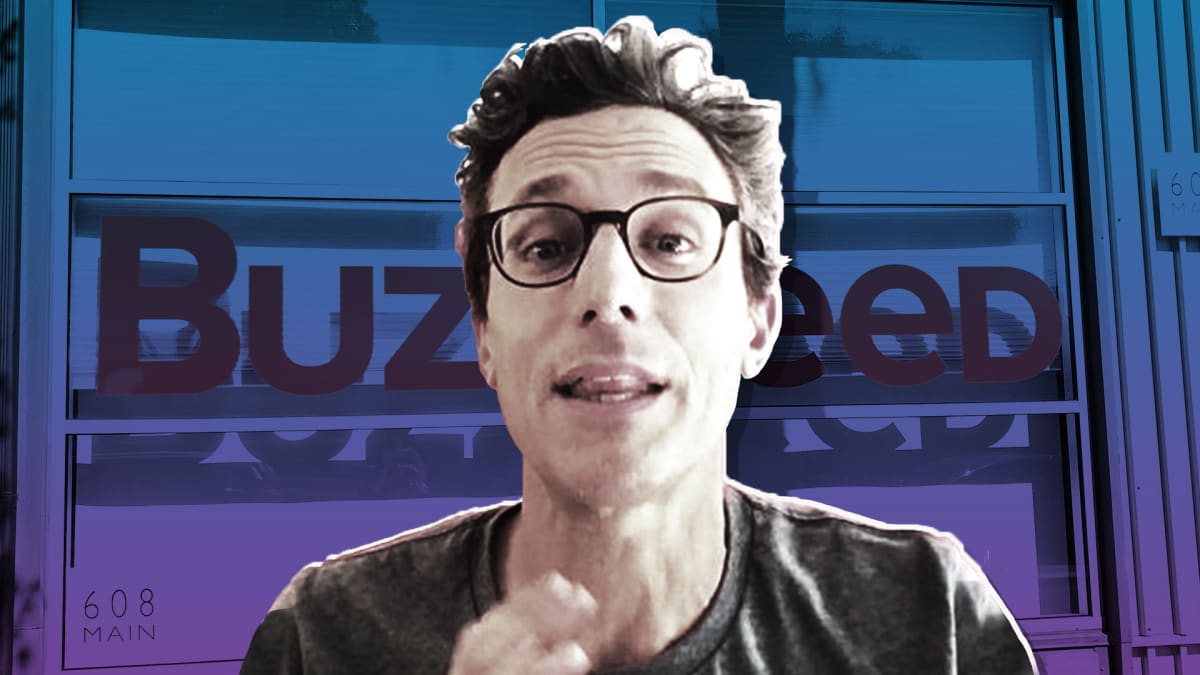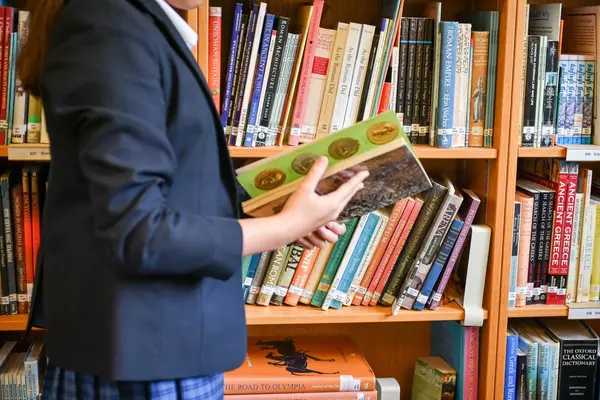
The Pulitzer-winning offshoot of BuzzFeed -- BuzzFeed News -- was shut down April 20 in an effort to make the troubled media company more profitable. The shuttering of BuzzFeed News reduced 15% of BuzzFeed’s total staff.
The shift away from BuzzFeed News comes at the “end of an era for digital media,” and serves as part of the company’s adaptation to the coming new age, CEO Jonah Peretti said in a blog post detailing five predictions for media’s future last week.
DON’T MISS: BREAKING: Read BuzzFeed CEO's Heartbreaking Letter Explaining Shutting Down BuzzFeed News
“Readers are sick of all the negative news in their social media feeds. The vast majority of people will increasingly want social media platforms to provide an escape where they can find entertainment, joy, and fun,” Peretti wrote, predicting a return to curated news homepages such as HuffPost. “Audiences will take more control of when, how, and whether they consume news.”
This, he said, is why he made the decision to close BuzzFeed News and shift certain reporters and editors to HuffPost.
Peretti’s new and increased focus on BuzzFeed involves his second prediction that fun, easy-going entertainment will soon conquer the Internet.
“The biggest platforms will increasingly be defined by how much fun they provide their users,” he said. “The fights and toxicity and culture wars will move to fragmented silos, and popular entertainment will reign."
Part of the challenge of creating a fun Internet environment, Peretti says, revolves around AI.
“Generative AI will kill the majority of static content in the near future. Audiences will begin to expect all content to be personalized, interactive, dynamic, with embedded intelligence,” Peretti wrote.
This assumption, he said, is why BuzzFeed has been investing in artificial intelligence, and the results, thus far, have paid off. In the past two months, time spent on BuzzFeed increased by around 40% when a quiz was powered by AI, compared to legacy quizzes, according to Peretti.
The other component of his future-of-the-internet predictions involves creators and an assumption that more and more will begin to partner with established media brands. On their own, creators can lack community and are more prone to burnout, and companies lack relatability.
As this first age of the Internet dies, and a new era rises, “established brands like ours, with real scale, can benefit from the shift to creators and AI-powered media,” Peretti said. “Creators want to align with our brands and audiences trust us to introduce them to new AI-powered content formats.”
BuzzFeed’s stock opened at $.53 per share Monday.







